GIMMICS - Teaching Pharmacy Students with a Simulation Game
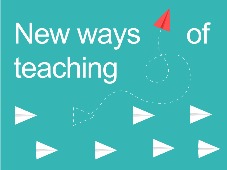
In New Ways of Teaching , educators talk about their innovative, creative and impactful teaching initiatives. From unusual teaching methods to new technologies – everything is covered. How did these ideas come about and what impact does it have on students?
This month: Dr Tanja Fens , Project Leader and Coordinator of the Pharmacy Game International, Prof. Katja Taxis , Professor of Pharmacotherapy and Clinical Pharmacy, and drs. Claudia Dantuma , Teacher-Pharmacist.
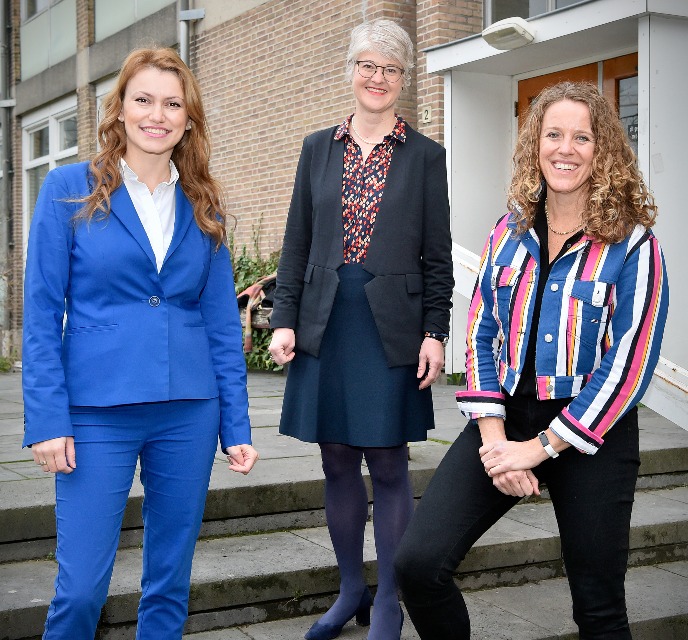
We all love games, don’t we? Games are fun, competitive, and memorable experiences. They include goals and rules and reflect performance feedback, just like our Pharmacy Game. Like in most games, our students’ goal is to win, which motivates them to perform their best. We set up game rules and describe a game setting, and both are displayed online on the web tool. The feedback is given through gained or lost patients (points). Ultimately, playing the game stimulates attention and retention in students and helps them achieve the learning goals.
GIMMICS
The Pharmacy Game, also known as GIMMICS (Groningen Institute Model for Management in Care Services), is a study course for 3rd year master students in Pharmacy. It originated from the UG more than 20 years ago and has since then spread across the world. GIMMICS is unique because of several reasons, first, it combines innovative educational concepts such as gaming and simulation. Through the years, it has been designed to best reflect the current practices resembling the work in community pharmacy. This includes enhancing skills such as communication, collaboration, pharmaceutical expertise, and leadership. Besides that, the Pharmacy Game has dedicated software used by the game-management team, who set up the rules and activities, students participating in the course, and actors playing patient cases in simulated pharmacies. We are proud to mention that this educational concept has been implemented in the pharmacy program of 10 universities worldwide.
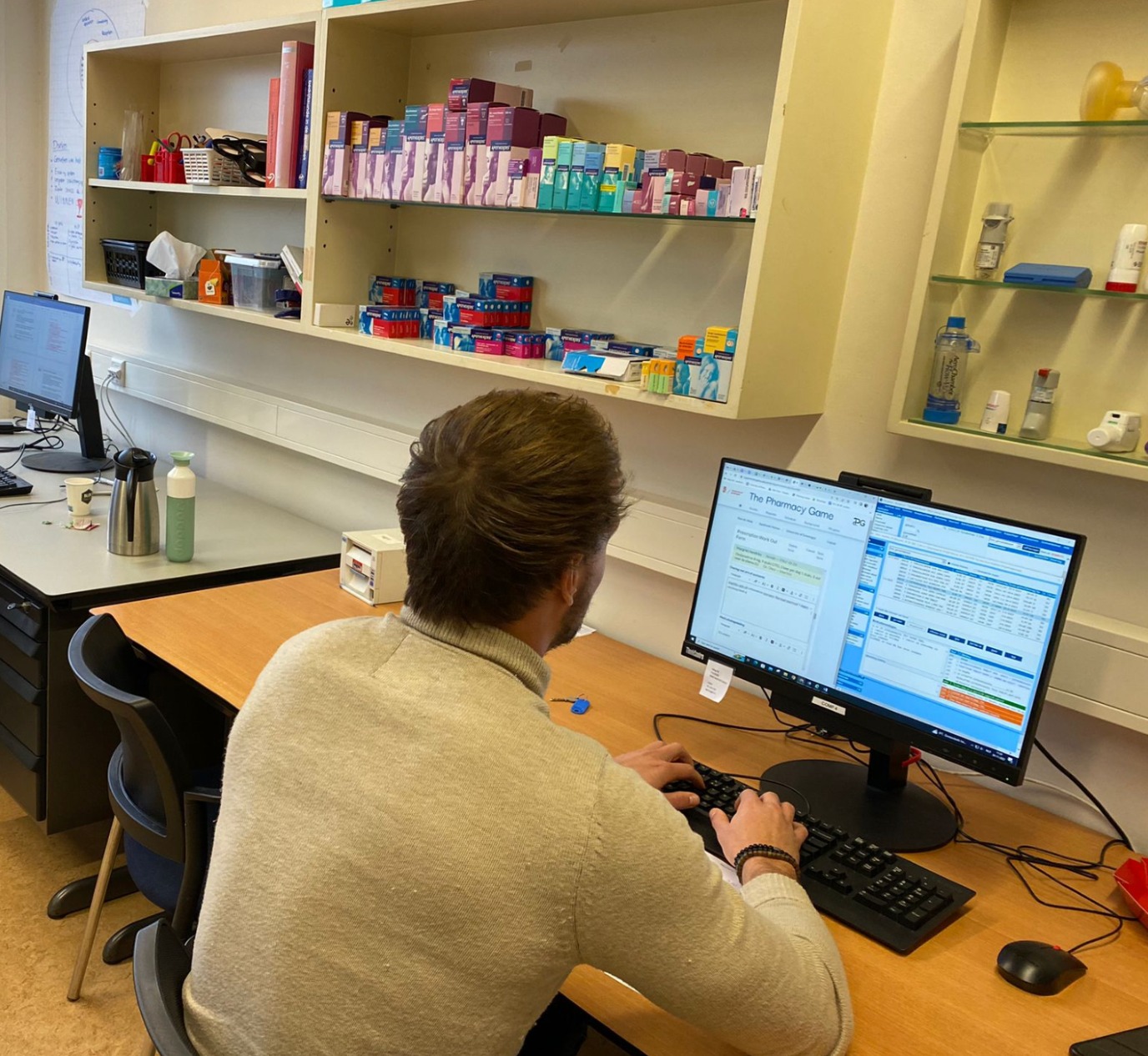
Simulation because of imitation
Simulation in education is a structured imitation of reality. It’s a bridge between the classroom and a real-life experience that enhances the relevance of learning. During the Pharmacy Game, we use live simulations. We divide our students into teams to run their simulated pharmacy. Students put themselves in the pharmacist's role and make clinical and professional decisions in an authentic and safe environment which closely simulates their future practice.
No Human affected
The game is all about responsibility and creativity. Students start the game by setting up the mission and vision of their pharmacy. They then make a business and strategic plan, divides roles among each other, work with patients who are coming to visit their pharmacy, process prescriptions, handle inspections and unexpected situation, follow educational activities as offered by the ‘’PAOFarmacie’’ (independent postgraduate education for pharmacists) and attend meetings with general practitioners for Pharmacotherapy consultation. It is as real as possible, yet in a safe environment where no human can be hurt. The only thing that’s affected is your point balance on the dashboard. At the beginning, the game can feel overwhelming for students, but the satisfaction from the achieved results and gained skills at the end outweigh that.
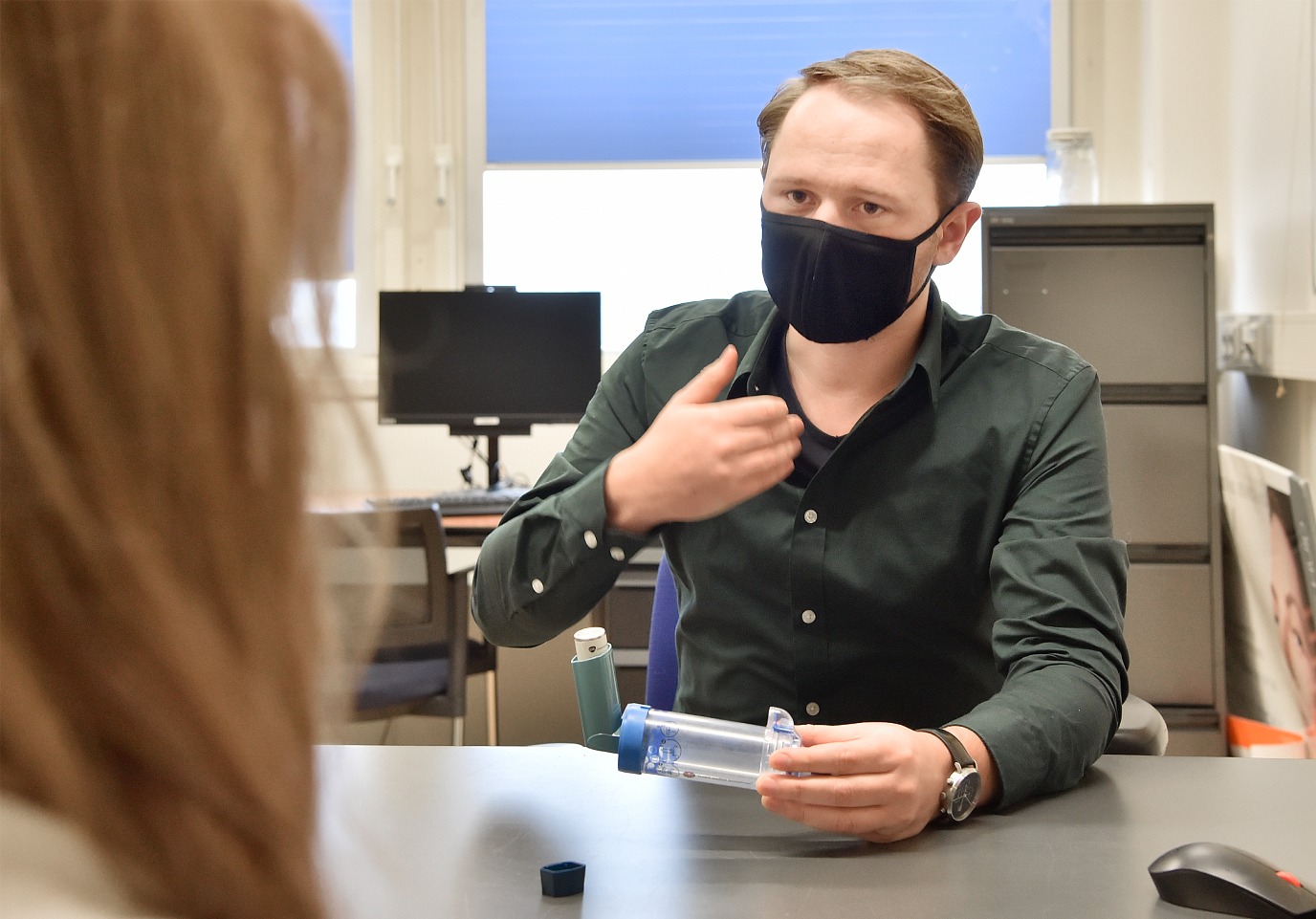
Continuous improvement
We are continuously aiming to integrate currents from the practice and remain innovation leaders. An example of this is the COVID-19 pandemic, when students had to adjust to all the measures necessary when receiving patients. They also needed to adapt their advice when they suspected a condition related to COVID-19. The course format has had some changes as well, for example by changing to a hybrid setting. We had to use online patients, but this led to increased collaboration with our international colleagues which was a very positive thing. Our colleagues from Australia even transformed their game entirely.
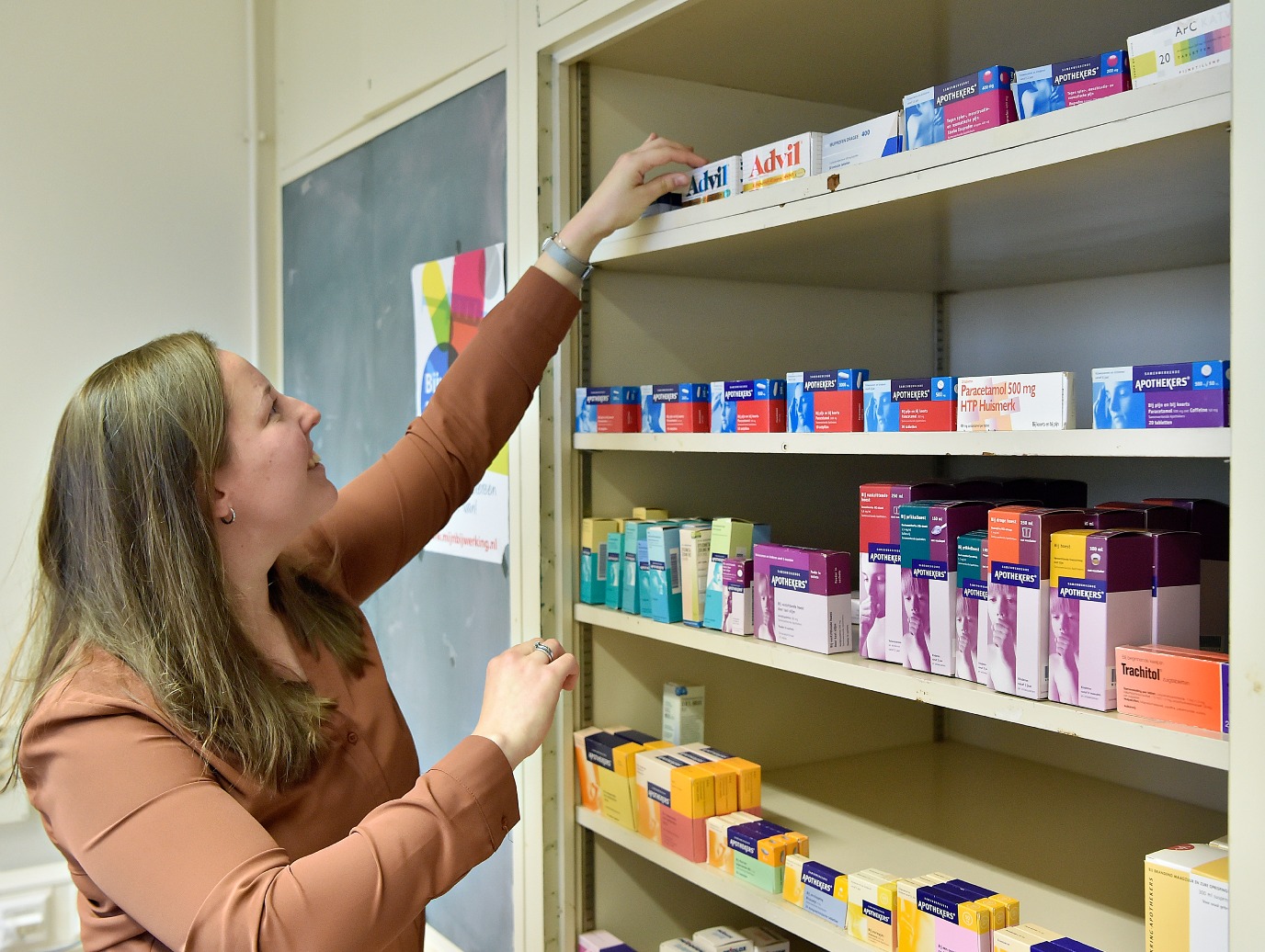
Preparing for tomorrow
A recent addition to the Pharmacy Game is the e-learning module addressing the issue of pharmaceuticals in water. Here, we offer students an opportunity to attend lectures and interviews by 7 stakeholders. These stakeholders vary from national institutes and governing bodies, to environmental experts and healthcare workers such as general practitioners, community pharmacists, or hospital pharmacists. They will also get to play cases including this topic and develop a strategic plan that will reflect their leadership role in the pharmaceutical practice of tomorrow. Overall, being in line with the actuals and allowing students to learn by doing is how we prepare our students for future challenges.
More information
Do you teach, follow or know of a special, innovative course that would be a good fit for this series? If so, we'd love to hear from you! Email your suggestion to news@rug.nl and include 'New Ways of Teaching' in the subject line
More news
-
15 September 2025
Successful visit to the UG by Rector of Institut Teknologi Bandung
